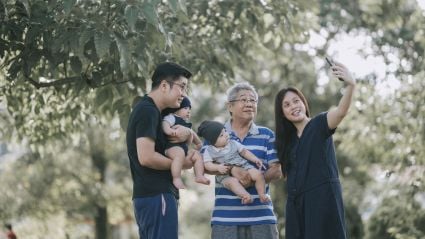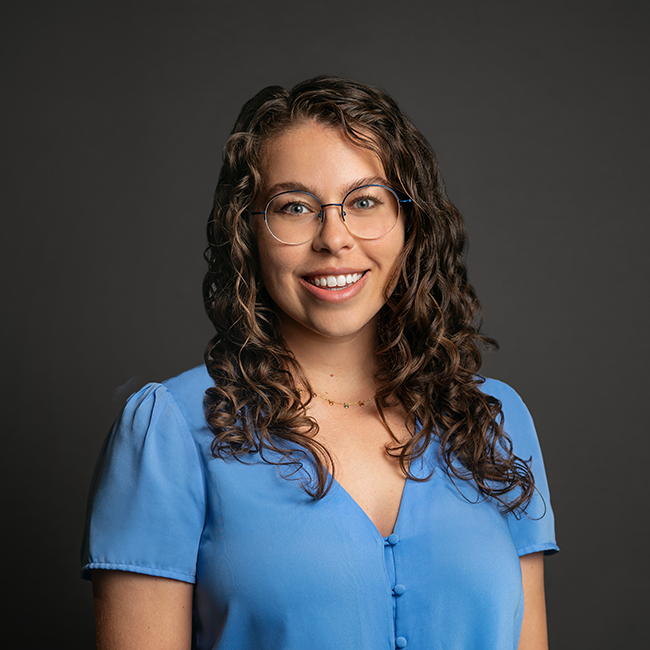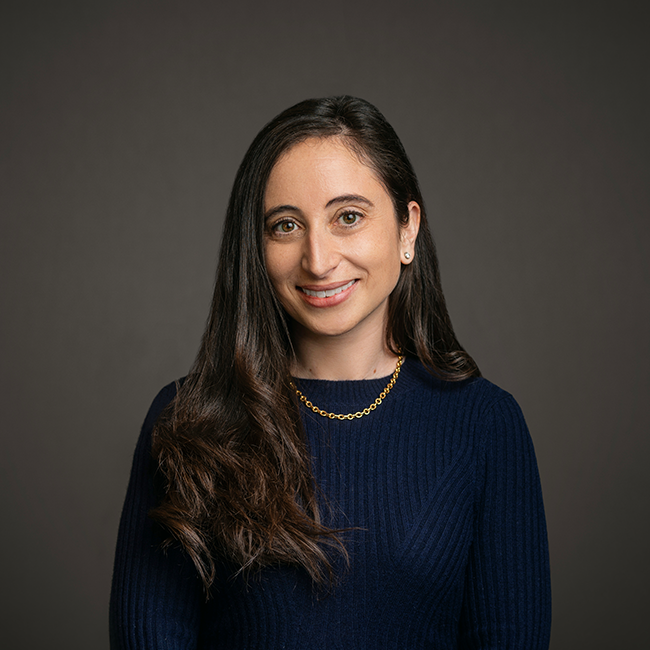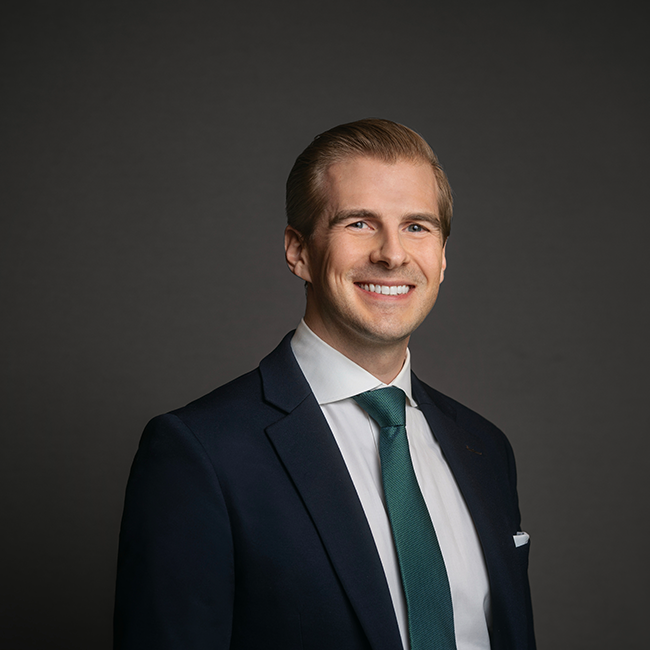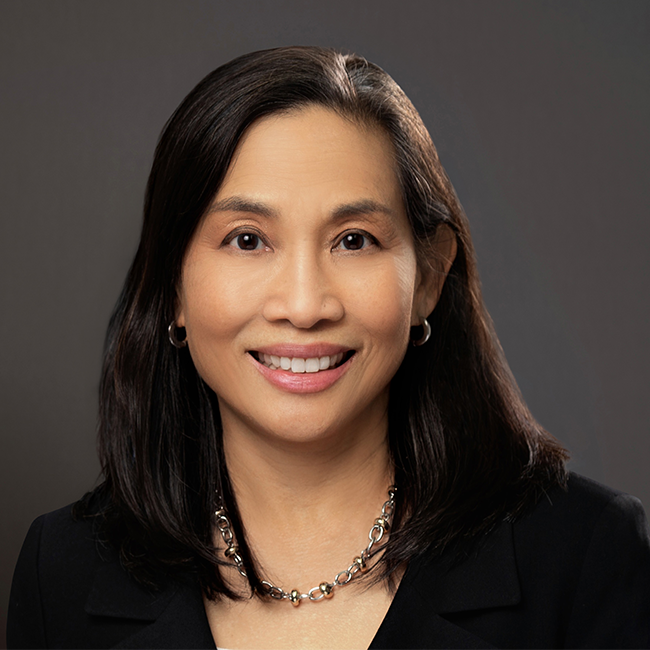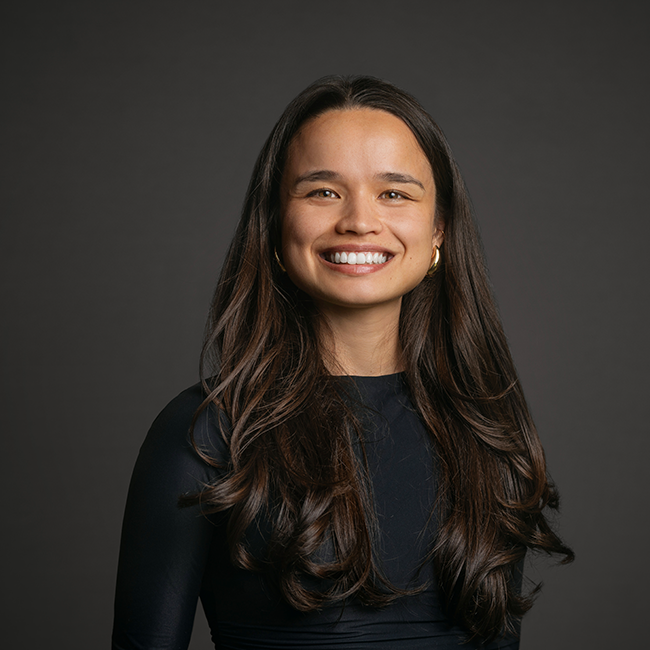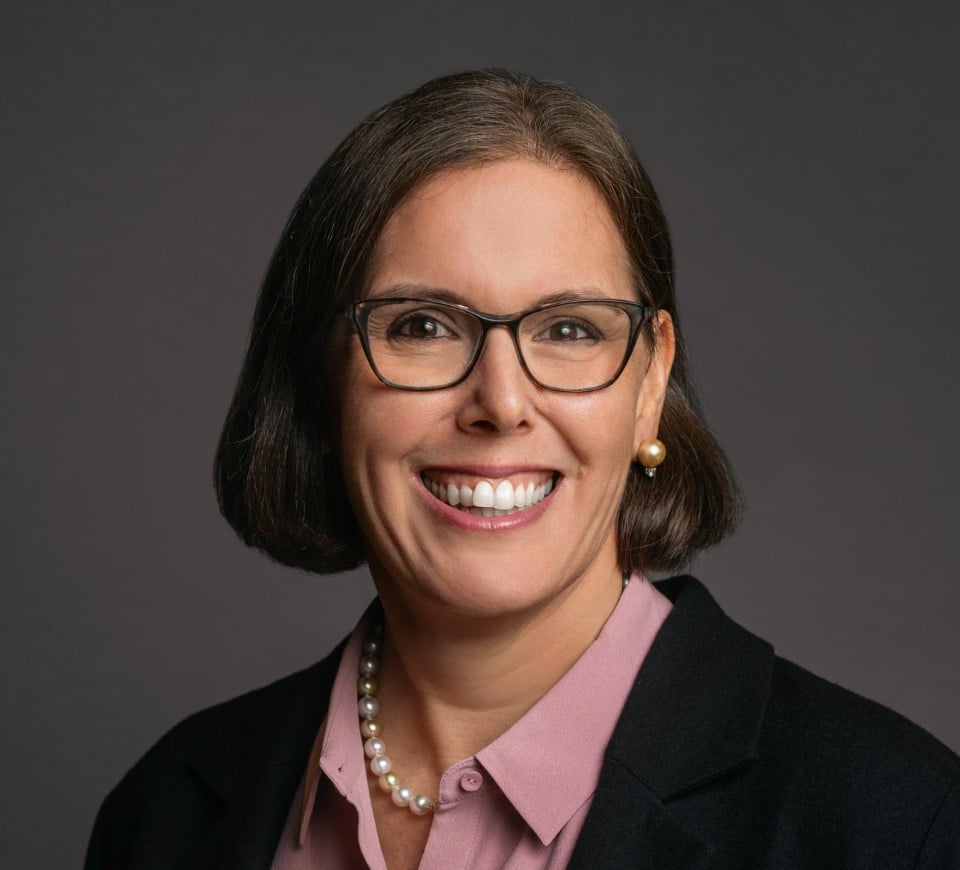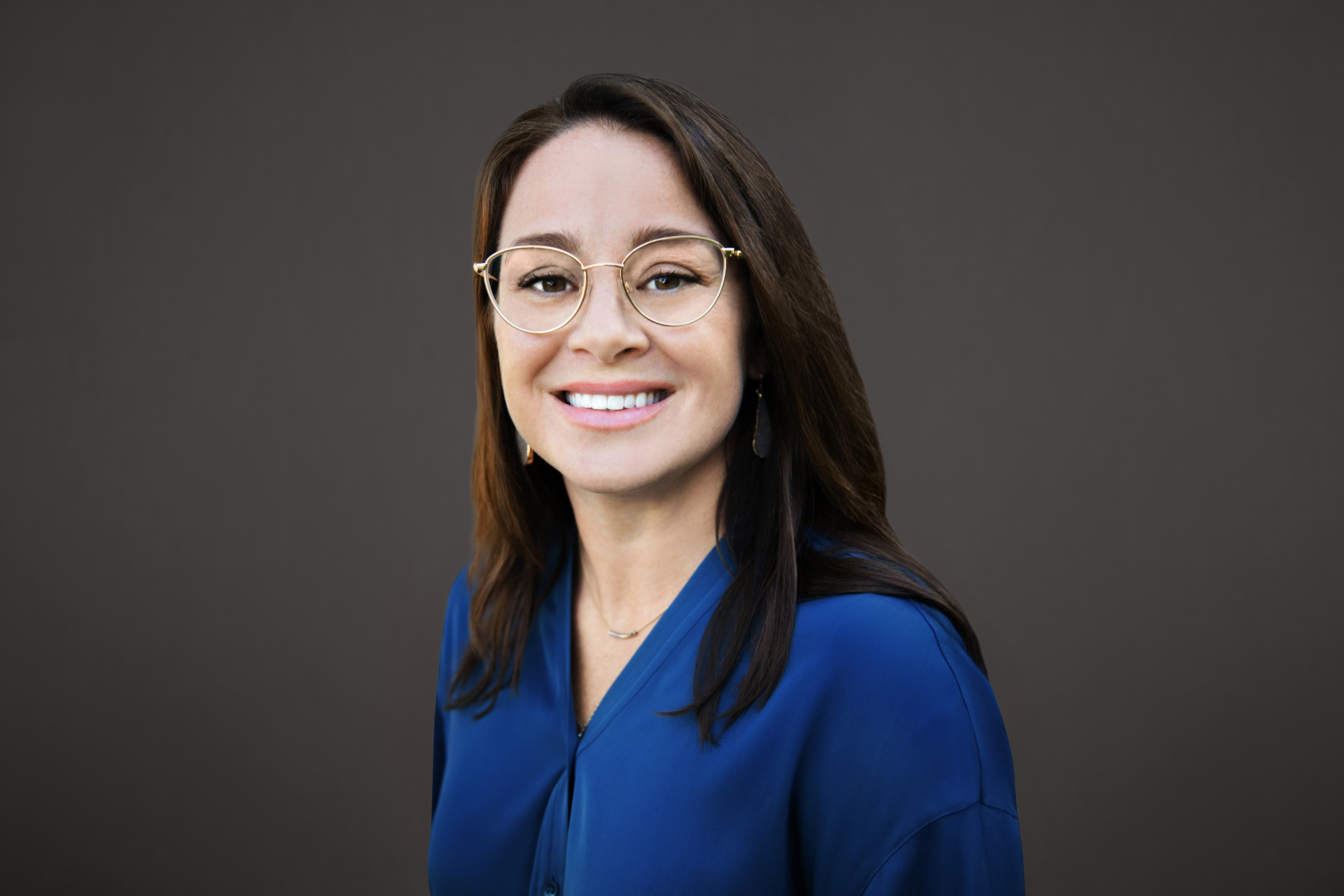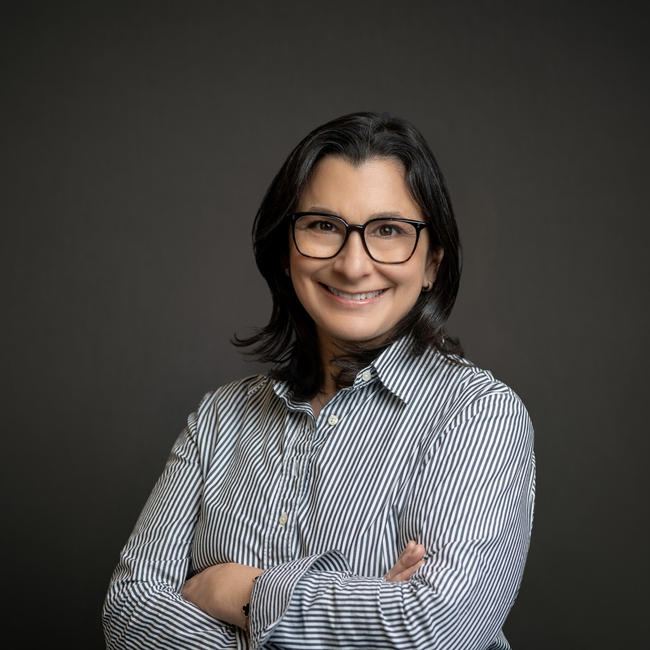
“What can I do to take good care of my brain so I do not come down with dementia like my mother?” I will never forget the first time Helena asked me that question while sea ted at her mother’s bedside. She was surprised to learn that dementia, including that due to Alzheimer’s, could be prevented and that most of what she needed to do did not even require medicines.
We are living in a slow-moving pandemic of age-related brain disease, and the latest predictions are daunting. The number of people affected by dementia, stroke, and depression will rise as our population ages. By 2050, the world's population aged over 60 is projected to double to 2 billion, and roughly one in four people will develop these diseases. The costs associated with caring for afflicted loved ones will threaten to bankrupt our economies, straining younger generations working to support older generations. But we can act today to “bend this curve.”
This pandemic affects nearly everyone. In fact, dementia, stroke, and depression form a universal human experience, whether we are affected or care for an affected loved one. In a recent survey, 75 percent of adults reported direct experience with dementia or stroke. Add in depression, and the figure rises to 98 percent. We are united not only by this experience but, equally crucially, by the capacity to prevent the disorders that form it.
"A sustained effort to modify risk factors can transform the aging experience."
Decades of robust scientific studies, summarized in The Lancet and Frontiers of Public Health, demonstrate that up to 40 percent of dementia, 60 percent of stroke, and 35 percent of depression cases are attributable to factors each of us can control and modify. The conviction that it is time to act on th is knowledge has energized a global movement—inclusive of international and intergovernmental organizations, the US government, key health industry players, and numerous nonprofits and philanthropic initiatives—towards preventing brain diseases and promoting actions that keep our brains healthy. We do not need to wait for new discoveries or medicines. What is needed now is translating science into actions that each of us can take daily to keep our risk factors at bay.
A sustained, successful effort to modify risk factors can transform the aging experience for every community. By engaging each of these communities, embracing their values, and understanding and addressing their needs, we can build the trust that l ays the groundwork for motivating and empowering individuals to find their agency to modify their behavior.
Engagement is personal and individual. To answer Helena’s question, our team of scientists and clinicians at Mass General Brigham collaborated wit h dozens of individuals like her and health-care practitioners to develop a tool that communicates science, engages each of us as individuals, and provides simple steps to take better care of ourselves. As reported in Frontiers in Neurology, the Brain Care Score (BCS) was the result of this collaborative work and integrates the physical, lifestyle, and social-emotional factors scientists have identified into a simple 21-point score. The higher the BCS, the lower the risk of not only dementia, stroke, and depression but also heart disease and lung, breast, and colon cancers.
The success of the BCS lies not only in the science behind it but in the values it imparts by giving choices and offering individuals their own way in, all to help people take simple steps to protect and improve their brain health. As validation studies of the BCS continue to be published (for example, in Frontiers in Psychiatry and Neurology) and picked up by media outlets around the world, including the New York Times, more and more academic health science leaders are stepping forward, joined b y leaders from community organizations, finance, advertising, governments, intergovernmental agencies, foundations, and philanthropy. Together, we have formed the Global Brain Care Coalition, which has grown to include nearly 100 leaders from six continents. Recognizing the humanistic and scientific values embodied by the BCS approach, coalition members see that now is the time to catalyze a strategy and act. We are all devoted to achieving the audacious goal of reducing age-related brain disease by 10 percent in 10 years and 30 percent by 2050.
Everyone has a role to play if we are to curtail this pandemic. Our coalition’s learning, outreach, intervention, and assessment initiatives are driven by partnerships with all stakeholders.
We are all in this together.



